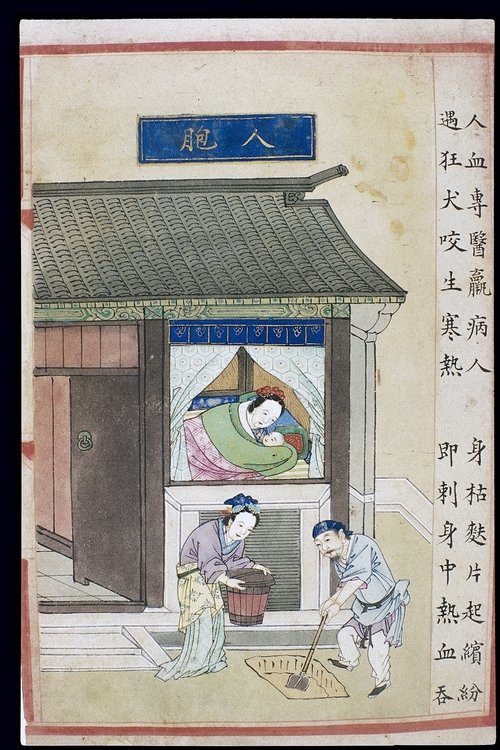
A Lactation Consultant’s Perspective on Placentophagy
Guest blog by Sarah Hollister, RN, PHN, IBCLC: As a nurse and an International Board Certified Lactation Consultant (IBCLC), I have the opportunity to work with nearly every pregnant woman and new mom and baby at a group of four primary care health centers in Northern California. I would like to share my experience, concerns and request for collaboration to closely examine the new practice of placenta encapsulation, as it has grown to become a component of the postpartum experience for the new moms who I work with and throughout the United States. I have encountered assumptions that placenta consumption increases milk production, is a prevention for postpartum depression, and has existed in history as an ancient human practice. I will provide a summary here of the work I do and what I have found with my clients involving this practice.

Placentophagy and Chinese Medicine
Disclaimer: The following blog is merely a collection of notes and not a serious scientific research paper. There is obviously a pressing need for more research. My intention with this blog post is not to make any conclusive statements about the practice of placenta encapsulation or placentophagy, which I am not qualified to do anyway, but merely to offer the classical Chinese perspective as an urgently-needed correction to some misinformation promoted in popular and Chinese medicine circles.